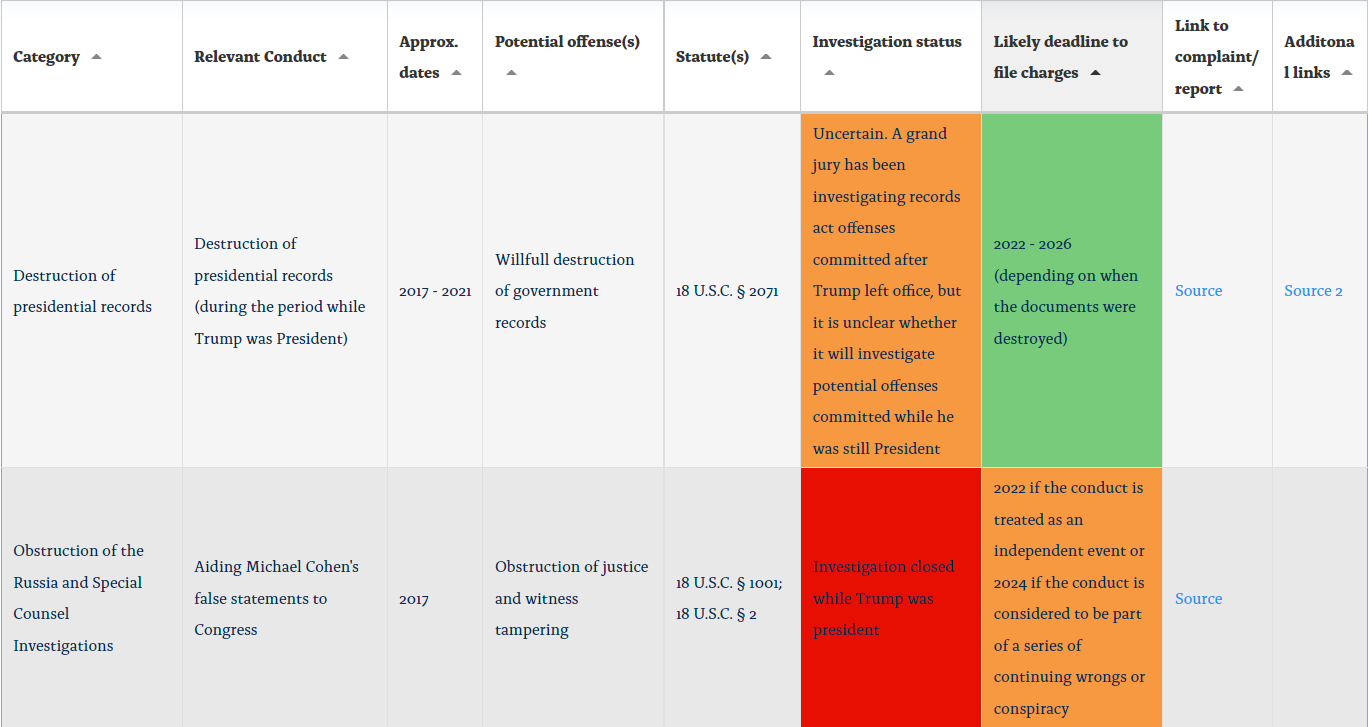And
then there is consciousness, neuroscience’s giant question mark. What causes
it? How does it arise from a jumbled mass of neurons and synapses? After
all, these may be enormously complex, but we are still talking about a wet bag
of molecules and electrical impulses. [Emphasis mine!] 😮
Some
scientists suspect that quantum processes, including entanglement, might help
us explain the brain’s enormous power, and its ability to generate
consciousness. Recently, scientists at Trinity College Dublin, using a
technique to test for quantum gravity, suggested that entanglement may be at work within our brains.
If their results are confirmed, they could be a big step toward understanding
how our brain, including consciousness, works.
Quantum processes in the brain
Amazingly,
we have seen some hints that quantum mechanisms are at work in our
brains. Some of these mechanisms might help the brain process the world
around it through sensory input. There are also certain isotopes in our brain
whose spins change how our body and brain react. For example, xenon with a
nuclear spin of 1/2 can have anesthetic properties, while xenon with no spin
cannot. And various isotopes of lithium with different spins change
development and parenting ability in rats.
Despite
such intriguing findings, the brain is largely assumed to be a classical
system.
If
quantum processes are at work in the brain, it would be difficult to observe
how they work and what they do. Indeed, not knowing exactly what we
are looking for makes quantum processes very difficult to find. “If
the brain uses quantum computation, then those quantum operators may be
different from operators known from atomic systems,” Christian Kerskens, a
neuroscience researcher at Trinity and one of the authors of the paper, told
Big Think. So how can one measure an unknown quantum system,
especially when we do not have any equipment to measure the mysterious, unknown
interactions? [Emphasis mine.
And good question, IMO.]
Lessons from quantum gravity
Quantum
gravity is another example in quantum physics where we do not yet know what we
are dealing with.
There
are two main realms of physics. There is the physics of the tiny microscopic
world — the atoms and photons, particles and waves that interact and behave
very unlike the world we see around us. Then there is the realm of gravity,
which governs the motion of planets and stars and keeps us humans stuck to
Earth. Unifying these realms under an overarching theory is where quantum
gravity comes in — it will help scientists understand the underlying forces
that govern our universe. [The elusive ToE (Theory of Everything), the Holy
Grail of Physics]
Since
quantum gravity and quantum processes in the brain are both big unknowns, the
researchers at Trinity decided to use the same method other scientists are
using to try to understand quantum gravity.
Taking entanglement to heart [the nitty gritty, feel free to go to skip
point]
Using
an MRI that can sense entanglement, the scientists looked to see whether proton
spins in the brain could interact and become entangled through an unknown
intermediary. Similar to the research for quantum gravity, the goal was to
understand an unknown system. “The unknown system may interact with known
systems like the proton spins [within the brain],” Kerskens explained. “If the
unknown system can mediate entanglement to the known system, then, it has been
shown, the unknown must be quantum.”
The
researchers scanned 40 subjects with an MRI. Then they watched what happened,
and correlated the activity with the patient’s heartbeat.
The
heartbeat is not just the motion of an organ within our body. Rather, the
heart, like many other parts of our body, is engaged in two-way communication
with the brain — the organs both send each other signals. We see this when the
heart reacts to various phenomena such as pain, attention, and motivation.
Additionally, the heartbeat can be tied to short-term memory and aging.
As
the heart beats, it generates a signal called the heartbeat potential, or HEP.
With each peak of the HEP, the researchers saw a corresponding spike in the NMR
signal, which corresponds to the interactions among proton spins. This signal
could be a result of entanglement, and witnessing it might indicate there was
indeed a non-classical intermediary.
“The
HEP is an electrophysiological event, like alpha or beta waves,” Kerskens
explains. “The HEP is tied to consciousness because it depends on
awareness.” Similarly, the signal indicating entanglement was only present
during conscious awareness, which was illustrated when two subjects fell asleep
during the MRI. When they did, this signal faded and disappeared.
[→
Skip point]
Seeing
entanglement in the brain may show that the brain is not classical, as
previously thought, but rather a powerful quantum system. If the results can be
confirmed, they could provide some indication that the brain uses quantum
processes. This could begin to shed light on how our brain performs the
powerful computations it does, and how it manages consciousness.
All this seems to throw a bit of a monkey-wrench into the
idea of our believed “free will,” IMO.
What do you think?
-Do you believe we have free will?
-Is (our) consciousness just a "stubborn/persistent illusion" (a la Einstein, re: time's past, present and future)??
https://bigthink.com/hard-science/brain-consciousness-quantum-entanglement/?utm_source=mailchimp&utm_medium=email&utm_campaign=weeklynewsletter







